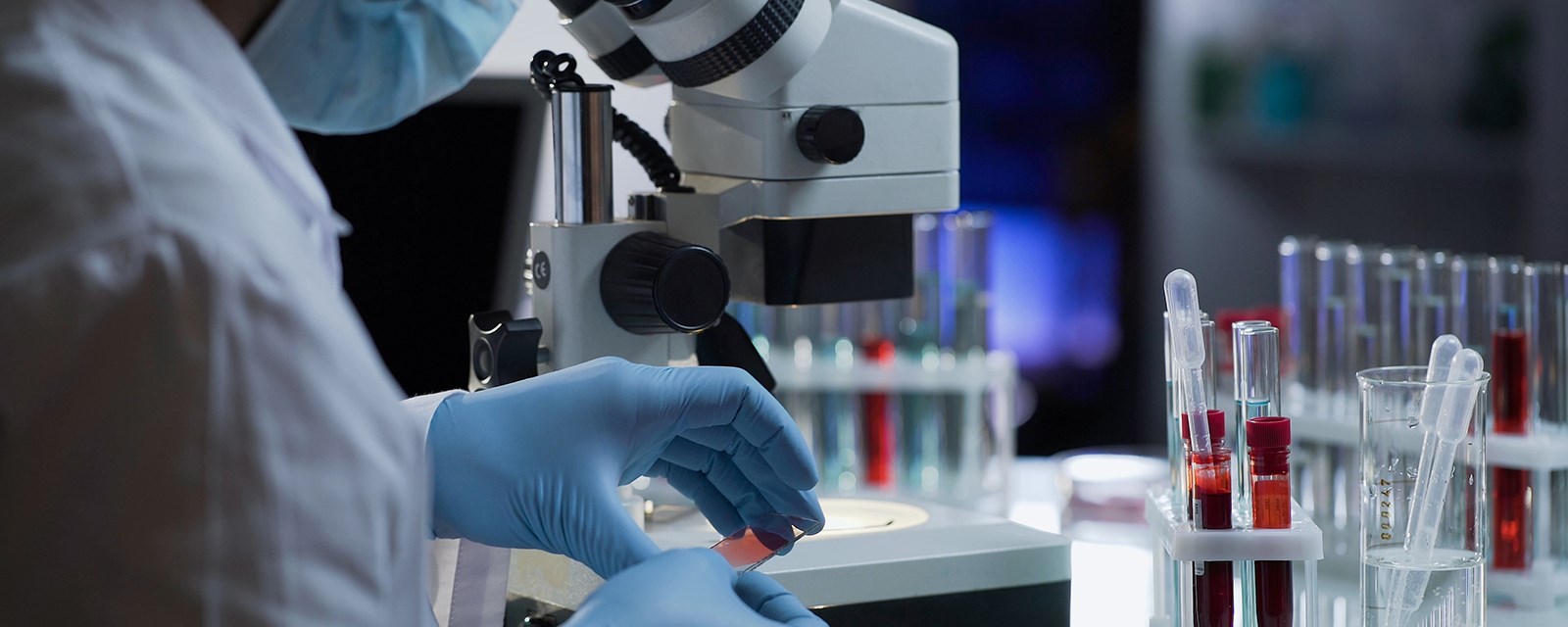
Recognising #IWD2022 with RSM Pathology Section President Professor Mary Sheppard
Professor Sheppard is head of the CRY Cardiovascular Pathology Unit at St George’s Medical School and was recently elected as President of the Royal Society of Medicine’s Pathology section.
As part of our International Women’s Day activity recognising the contribution of women in healthcare, we spoke to Professor Sheppard about her experience of working as a woman in the field of pathology and medicine in general.
Read on to find out what made her pursue a career in that area, and what tips she has for women and girls wanting to follow her lead and try their hand at pathology.
What made you pursue a career in pathology?
During my medical training, my pathology professor at medical school was a superb teacher who transferred his knowledge and love of the subject to me. I also loved looking down a microscope at the images generated by examining human tissue for evidence of disease.
Most diagnoses of cancer during life are made by pathologists, which determines treatment and prognosis. Therefore, pathology is a very important subject in medicine. Many members of the public do not appreciate the importance of pathology in everyday life and particularly within NHS hospitals.
Can you describe your experience as a woman working in the field? How has it changed during your career?
My early career was very stressful, due to combining examinations to complete specialist training and having a thesis to write while getting married and having children. No mentoring was available at this vital time and advice in academic career progression was lacking. I was very much on my own. Also, there was little flexibility in maternity leave and limited time out in academic pathology during my child rearing years.
Women now make up 60% of consultants within NHS pathology, and the profession needs to adapt to women taking time out to have family with childcare provision. This is a universal truth in all professions. Careers need to adapt to the decisions women make and change.
Which women have been an inspiration to you in your life and career?
Professor Catherine Keohane of University College Cork, Ireland, who was a pathologist in training when I was a student, was a great inspiration to me. She showed me I could have an academic career in pathology while combining it with family life.
Professor and Dame Julia Polak, of Royal Postgraduate Medical School in London, taught me that as an overseas graduate one could succeed by sheer hard work and ambition to reach the top of the profession.
What would you say to a woman or girl considering a career in pathology and medicine in general?
- Know early what you want to do: be it academic, clinical, specialist or general practice.
- Get a mentor who will be balanced in their views of your career ambitions and progression.
- Have a supportive partner.
- Take maternity leave and plan your return with your department carefully and openly, with changes necessary as one needs to adapt to family life.
- Aim for a flexible time work/life balance within your department, with colleague discussion and cooperation.
- Be very determined about goals before and after children if you wish to have them.
- Network, and find out who the key players are in your chosen field.
- Join the organisations that will promote you and take up positions within these organisations, in which you will make a contribution and highlight your skills.
- Be adaptable and learn to spot opportunities.
- Learn to say No when needed.
What does the RSM mean to you?
The Royal Society of Medicine is a centre where I make a vital contribution. It provides me with the opportunity to meet and network with other specialties, highlighting the importance of pathology in all specialities.
About Professor Mary Sheppard
Professor Sheppard is head of the CRY Cardiovascular Pathology Unit at St George’s Medical School, comprising both biomedical scientists and pathologists. She has established a national cardiac referral centre with funding from UK based charity Cardiac Risk in the Young (CRY) to investigate all sudden young cardiac deaths in the UK. Read more about Professor Sheppard’s work.
